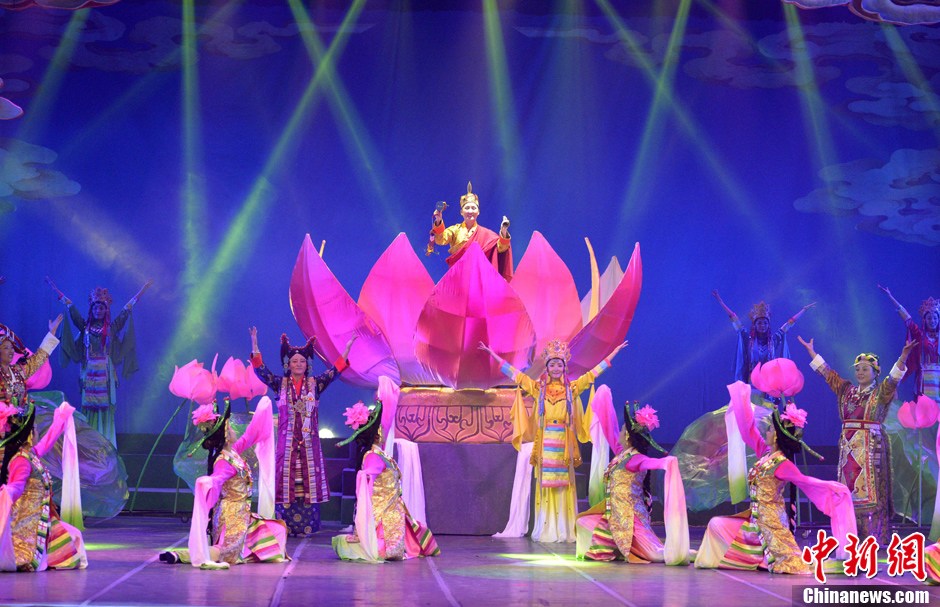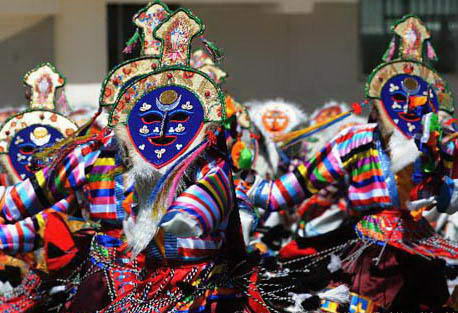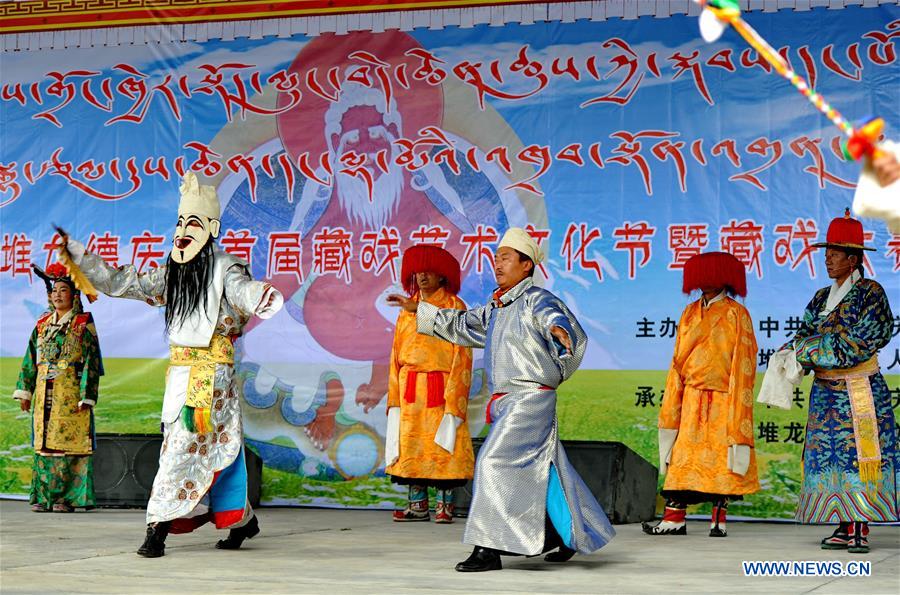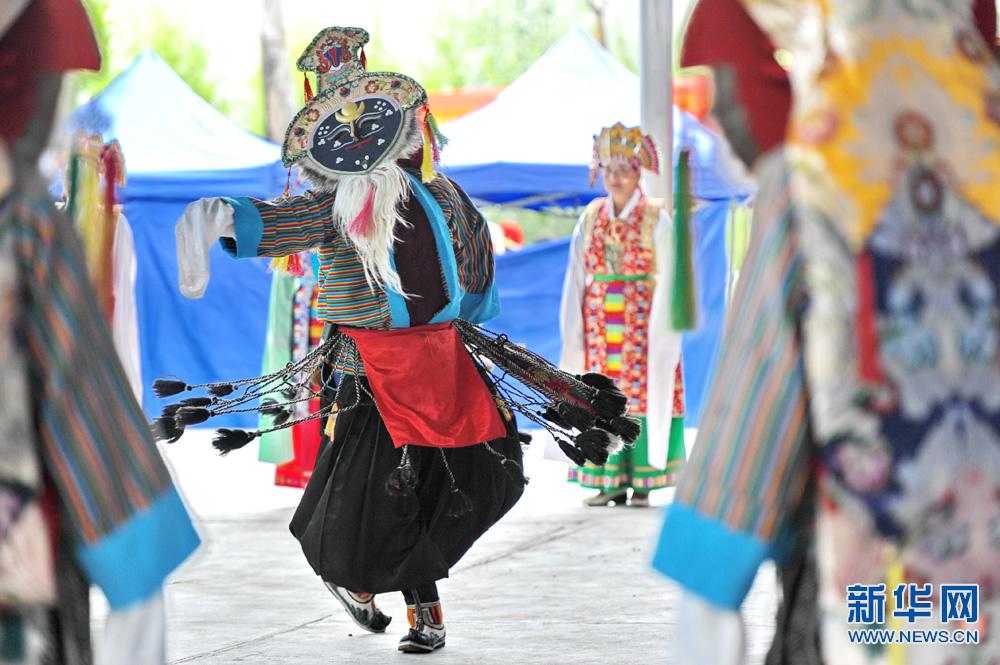Eight national intangible cultural heritage Tibetan Opera scripts completed

Photo shows the Tibetan Opera "Padma Wenba"
It took seven years for Tibet to complete the first writing of the eight major traditional Tibetan Opera scripts. “These scripts give a detailed description of the figures, singing, plots and characters of Tibetan Opera in different scenes of emotion,” said Ngawang Tenzin, deputy curator of the Tibet Autonomous Region Mass Art Center and deputy director of the Intangible Cultural Heritage Protection Center.
The Tibetan Opera originated 600 years ago and is the product of thousands of years of Tibetan cultural wisdom. It is known as the “living fossil” of the Tibetan culture and is one of China’s national intangible cultural heritages. The eight major traditional Tibetan Operas still performing and circulating today are: “Princess Wencheng”, “King Norsang”, “Drowa Sangmo”, “Langsa Wenbang”, "Padma Wenba”, “Brothers Donyo and Dondrup”, “Prince Drimed Kunden” and“Maiden Sukyi Nyima”.
According to Ngawang Tenzin, Tibetan Opera troupes have increased as protection efforts among Tibetan people have intensified. Currently, there are 133 Tibetan folk opera teams. During Tibetan Opera performances at traditional annual festivals, he found an urgent need to write a script as the stories weren’t complete and the singing lines had no standards.
The eight traditional Tibetan Operas originally used biography to form the plot. When the young actors were performing they would record their lines according to the master’s instructions. Ngawang Tenzin said that if actors have no language skills, the story is difficult to interpret.
In 2009 the eight major Tibetan Operas underwent digital construction, building a foundation for writing the script. Famous Tibetan Opera expert, Chophel wrote the script and a number of methods were used to gather materials including referencing traditional folk wood carving, hand-written Tibetan Opera material, interviewing folk masters and others.
The eight major Tibetan Opera scripts were completed based on modern script methods. Also, opera theory experts, Tibetan arts performers and folk Tibetan Opera masters were invited to take part in a expert discussion meeting to improve the script. The script will be published later this year.
Ngawang Tenzin said that the eight scripts will all be published in Tibetan and will be straight forward, yet exquisite and with standards. Later, they will be incorporated into the actors’ figure, singing, drums, masks and other rich content to create a series of Tibetan Opera books. He said that the eight major Tibetan Opera scripts will also be translated into Chinese, allowing it to be a textbook and foundation for Tibetan Opera study, as well as giving more Tibetan Opera enthusiasts an understanding of Tibetan Opera.
Your Comment
Name E-mailRelated News
-
;
-
-

-
Artistic elements of masks in Tibetan Opera
The Blue mask or the Wenba mask of Tibetan Opera, means fisherman or hunter and it is the most important mask within Tibetan Opera.
-
-
-

-
Cultural festival of Tibetan Opera held in Lhasa City
Performers perform in a play during a cultural festival of the Tibetan Opera in Gyabrag Village under the Doilungdeqen District of Lhasa City, southwest China's Tibet Autonomous Region, Aug. 2.
-
-
-

-
Photos: attractive Tibetan opera
A Tibetan opera competition was held on Aug.2 in Jiare village of Nechung Township, Tohlung Dechen district of Lhasa, capital city of SW China's Tibet Autonomous Region.
-
Based in Lhasa, Tibet Vista is a Tibet travel agency that specialized in Tibet permit, and Tibet tours for both private and group travelers at a local price!
•4 Days Lhasa City Group Tour from USD 460 •8 Days Everest Base Camp Group Tour from USD 850 •15 Days Mt.Kailash Group Tour from USD 1780 •2016 Tibet Train Tours from Beijing, Shanghai, Chengdu, Xining,etc










